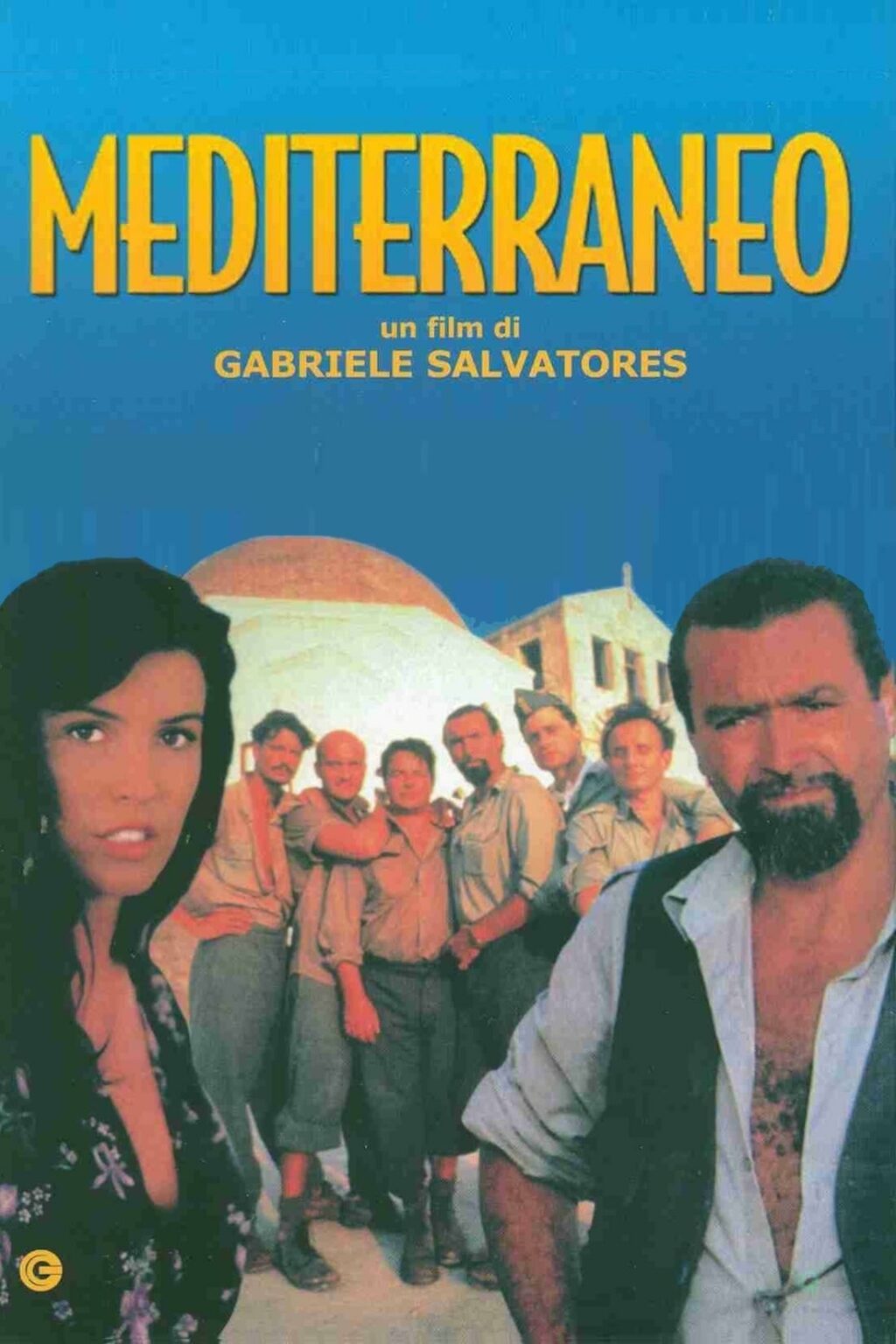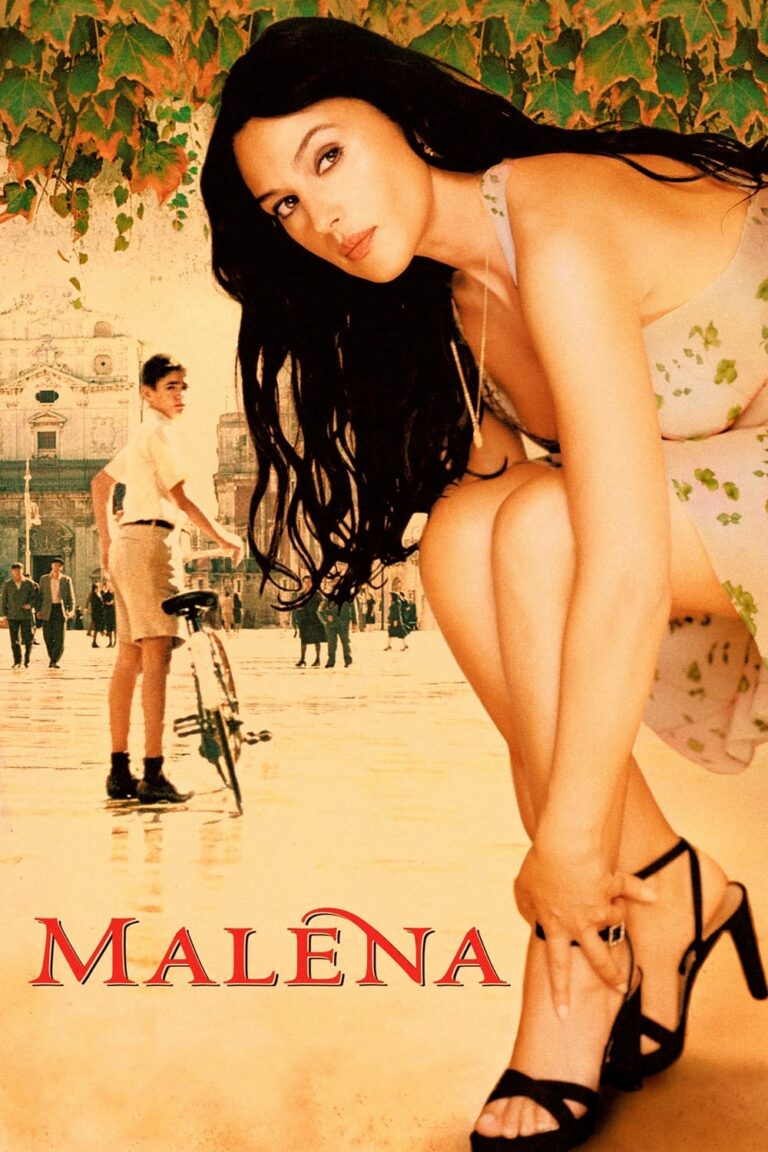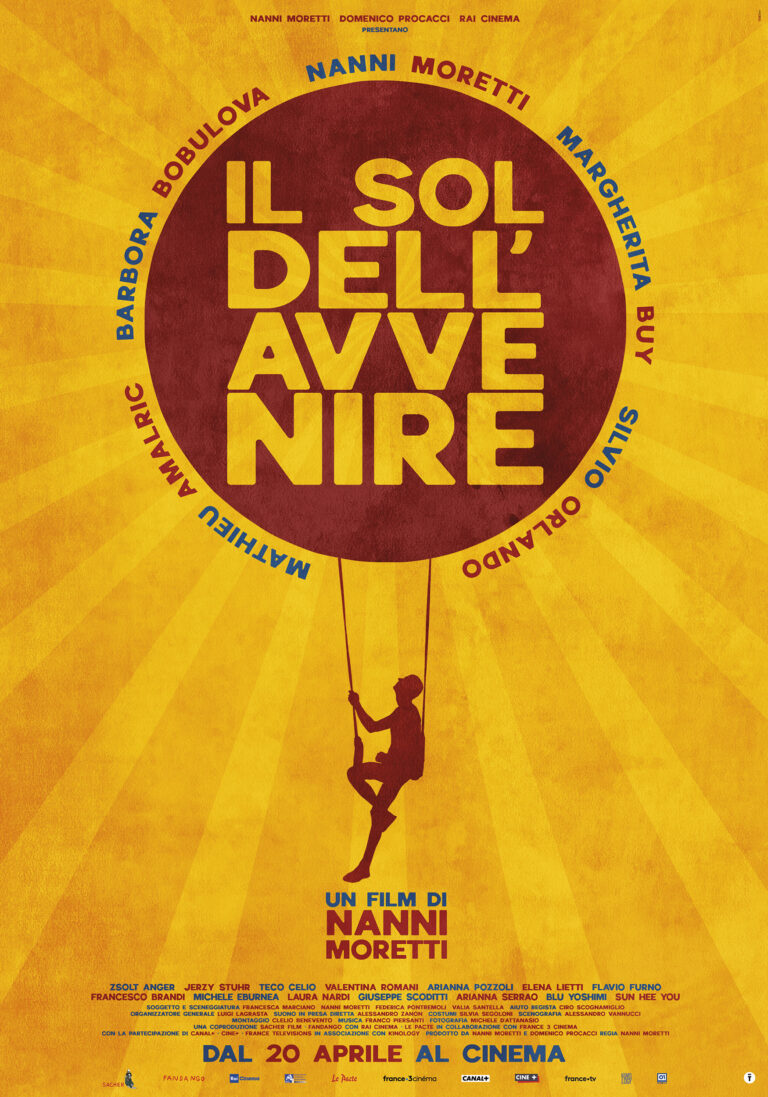
Gabriele Salvatores’ Mediterraneo (1991) is a poetic and poignant exploration of war, humanity, and the desire for peace. Set during World War II, the film transports audiences to a remote Greek island, offering a story that feels both timeless and deeply personal. Winner of the Academy Award for Best Foreign Language Film, Mediterraneo captures the absurdity of conflict and the resilience of the human spirit through humor, tenderness, and a vivid Mediterranean backdrop. It’s a film that reminds us of the beauty of connection and the futility of war.
The Premise
Mediterraneo begins with a small group of Italian soldiers sent to occupy a quiet, seemingly abandoned Greek island during the Second World War. What starts as a straightforward military mission soon transforms into something far more unexpected. Isolated from the war and forgotten by their superiors, the soldiers find themselves immersed in the island’s tranquil rhythms and the warmth of its few remaining inhabitants.
The plot unfolds in a leisurely manner, mirroring the laid-back pace of life on the island. The soldiers—each with their quirks and idiosyncrasies—begin to shed their military identities, embracing the simplicity of their surroundings and forming bonds with the locals. Over time, their detachment from the war grows, and the island becomes a haven where the brutality of conflict feels like a distant memory.
Themes of Escape and Rediscovery
At its core, Mediterraneo is about escape—escape from the violence of war, the confines of duty, and the expectations placed upon individuals by society. The island offers the soldiers a space to rediscover themselves and reevaluate their priorities. For many, it becomes a sanctuary where they can reconnect with their humanity.
The film also delves into themes of community and belonging. As the soldiers integrate with the islanders, they form a makeshift family, transcending language barriers and cultural differences. This newfound sense of connection is a stark contrast to the alienation and dehumanization often associated with war.
A Celebration of the Mediterranean
The setting of Mediterraneo is as much a character as the people who inhabit it. Salvatores paints the island as an idyllic paradise, with sun-soaked beaches, azure waters, and whitewashed buildings. The natural beauty of the Mediterranean serves as a stark juxtaposition to the chaos of war, emphasizing the film’s message about the importance of peace and simplicity.
The island also symbolizes timelessness—a place untouched by the modern world, where life continues as it has for centuries. This timeless quality lends the film a universal appeal, allowing audiences to relate to its themes regardless of their background.
The Characters and Performances
The film’s strength lies in its ensemble cast, who bring a mix of humor, vulnerability, and charm to their roles.
- Lieutenant Raffaele Montini (Diego Abatantuono) is the reluctant leader of the group, a man torn between his military duties and his growing disillusionment with the war.
- Sergeant Nicola Lorusso (Claudio Bigagli) provides the moral compass of the story, questioning the purpose of their mission and encouraging his comrades to embrace the island’s way of life.
- Farina (Giuseppe Cederna) and Noventa (Claudio Bisio) offer moments of comic relief, their antics highlighting the absurdity of the soldiers’ predicament.
- The character of Vassilissa, a local Greek woman played by Vana Barba, brings a touch of romance to the story, her presence symbolizing the allure and mystery of the island.
Each character undergoes a transformation, their experiences on the island reshaping their perspectives and priorities. The actors’ performances are understated yet deeply affecting, capturing the nuances of their characters’ journeys.
Humor and Humanity
One of the defining features of Mediterraneo is its humor. The film doesn’t rely on overt jokes or slapstick comedy; instead, it finds humor in the everyday interactions between the soldiers and the islanders. From language misunderstandings to cultural clashes, these moments of levity bring a warmth and charm to the story.
Beneath the humor lies a deep sense of humanity. Salvatores treats his characters with empathy, allowing their vulnerabilities and desires to shine through. The result is a film that feels authentic and relatable, even in its most whimsical moments.
The Absurdity of War
While Mediterraneo is primarily a lighthearted film, it doesn’t shy away from critiquing the absurdity of war. The soldiers’ mission—to occupy an uninhabited island—highlights the futility and senselessness of many wartime operations. As the soldiers grow increasingly detached from their duties, the film subtly questions the purpose of war and the toll it takes on individuals.
The film also explores the idea of choice. The soldiers find themselves in a position where they can abandon their roles as combatants and embrace a different way of life. This choice serves as a powerful reminder that even in the face of conflict, individuals can seek out peace and connection.
Reception and Legacy
When Mediterraneo premiered in 1991, it struck a chord with audiences and critics alike. Its mix of humor, beauty, and heartfelt storytelling earned it widespread acclaim, culminating in its win for Best Foreign Language Film at the 1992 Academy Awards. The film’s success catapulted Gabriele Salvatores to international recognition and solidified its place as a classic of Italian cinema.
Decades later, Mediterraneo remains a beloved film, cherished for its timeless themes and evocative portrayal of the Mediterranean. Its message of peace and humanity continues to resonate, particularly in a world still grappling with conflict and division.
Conclusion
Mediterraneo is a film that invites viewers to slow down, reflect, and appreciate the simple joys of life. Through its vivid imagery, endearing characters, and universal themes, it captures the essence of what it means to be human. Gabriele Salvatores’ masterpiece is more than just a story about war—it’s a celebration of peace, connection, and the enduring beauty of the Mediterranean.
Whether you’re a fan of Italian cinema or simply seeking a film that will leave you with a smile and a sense of hope, Mediterraneo is an unforgettable experience that reminds us of the power of kindness and the possibility of escape, even in the darkest times.





